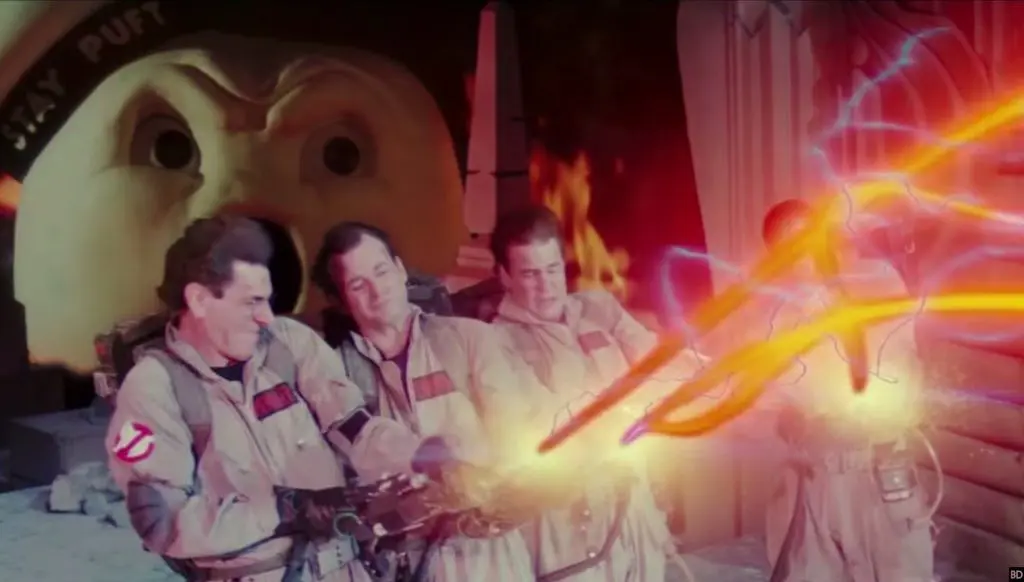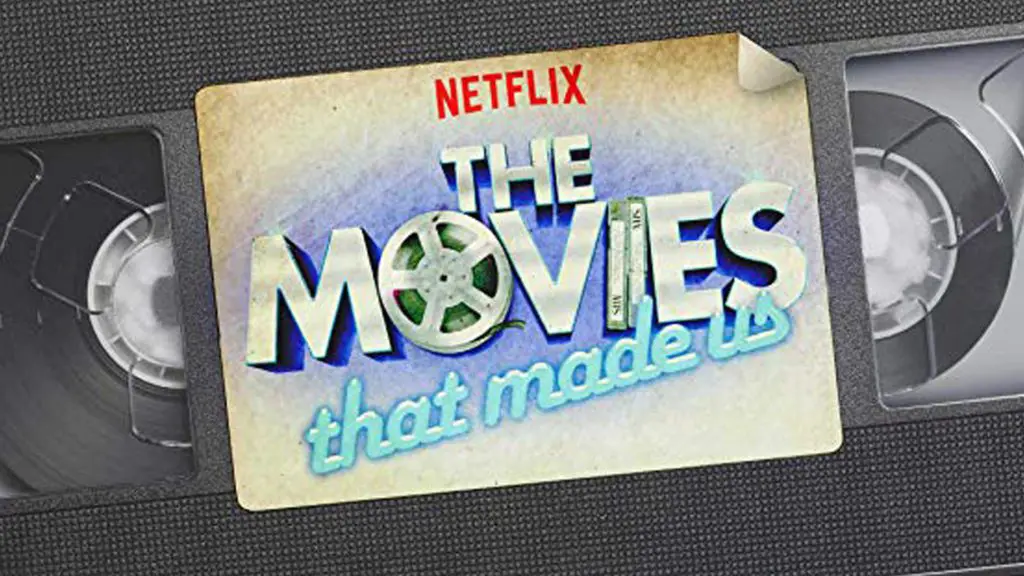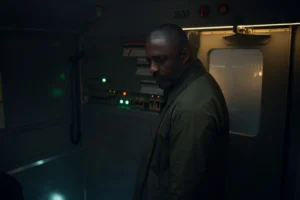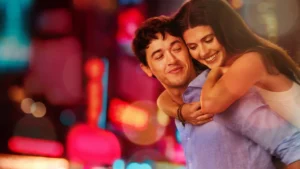Summary
A fond and informative look into the holiday classics of the 80s that defined a generation.
Spun-off from Netflix’s docuseries The Toys That Made Us, and retaining the same format and nostalgic tone, The Movies That Made Us serves a quartet of classics for the just-after-Thanksgiving holiday season. Each of the four episodes hones in on an 80s classic — one of them is Home Alone, technically released in 1990, but close enough — and tracks its creation and release from the early conceptual stages to the film’s critical and commercial reception. It’s a light, informative docuseries that’ll strongly appeal to fans of the films, which is basically everyone, so with The Movies That Made Us Netflix has hit a sweet spot of generational nostalgia which should be the dominant talking point during an exceptionally quiet streaming weekend.
The other films covered in the forty-ish-minute episodes are Die Hard — inarguably a holiday movie and I will brook no argument on the matter — Dirty Dancing and Ghostbusters, so all irrefutable classics of the era. The appeal of such critically lauded and widely beloved films is obvious. Even those not typically interested in going behind-the-scenes of the filmmaking process will still likely be curious about how such timeless films came to be, and The Movies That Made Us provides that through a combination of facts, footage, narration, and face-to-face interviews with people who were involved.

Those interviews might be a point of contention for some since it’s harder to entice worldwide stars who have been talking about these films for three decades than it is to secure eager, unknown inventors of toys. Bruce Willis isn’t there to talk about Die Hard, nor is Bill Murray there to talk about Ghostbusters, but sometimes that yields more interesting anecdotes and perspectives.
Discussing such prominent movies from a very significant era is easy money, and explains why The Movies That Made Us Season 1 plucks easy crowd-pleasers for the subjects of its freshman outing. Subsequent seasons would, I think, need to sift around for films that have been influential but perhaps not already dissected quite as much as these, but it’s a minor criticism more about the show’s future than this particular effort. What’s important is, I think, that by delving into the past, this show will find a future of its own.




